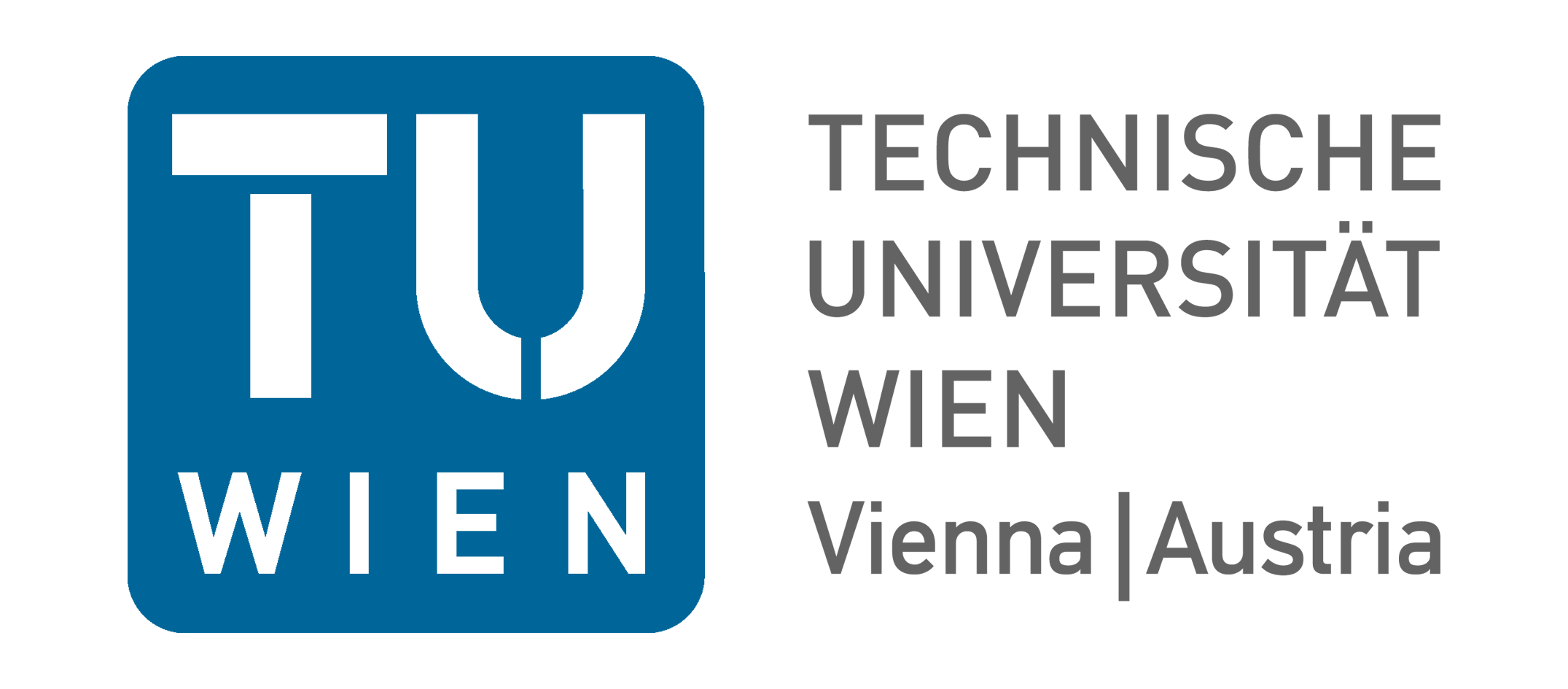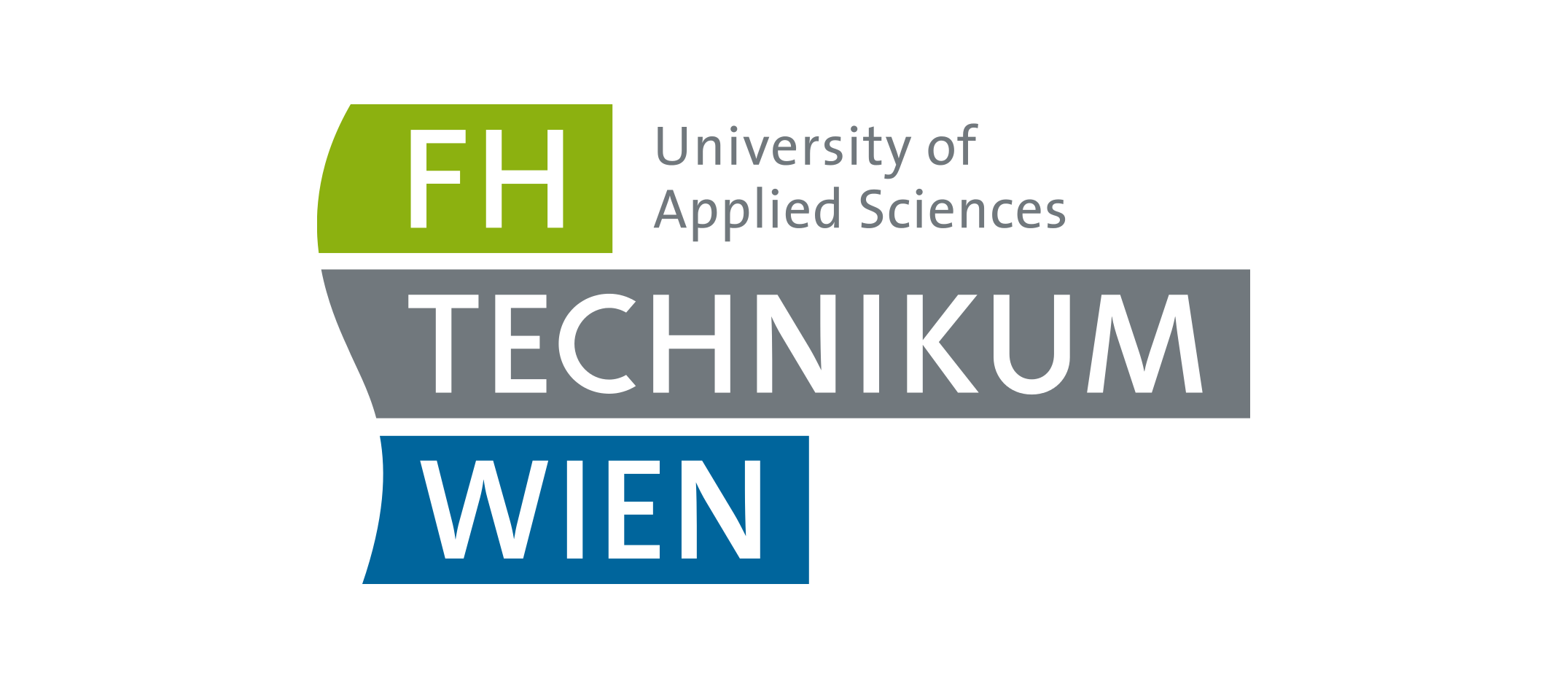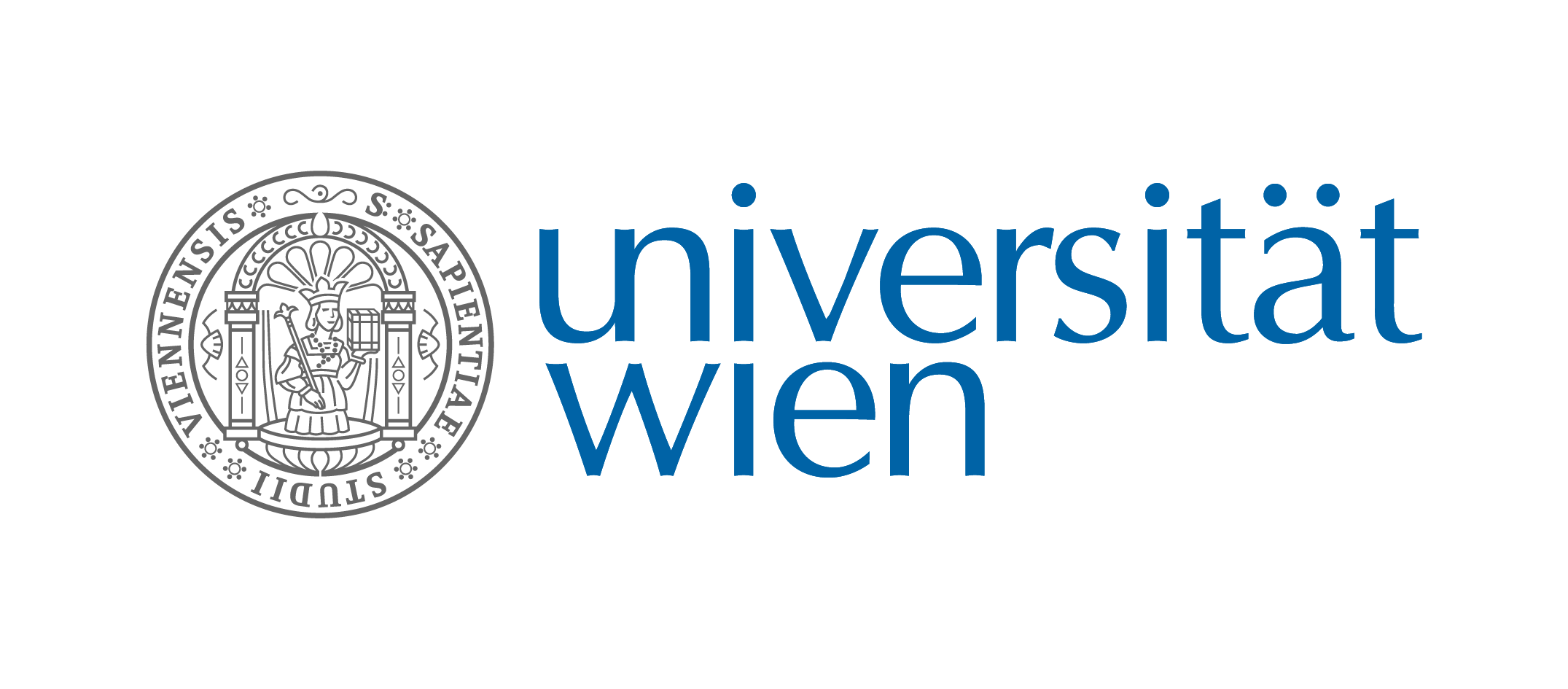The TU Wien is the largest scientific-technical research and teaching institution in Austria. More than 4,000 scientists are researching "technology for people" in five main research areas at eight faculties. The content of the studies offered is derived from the excellent research. More than 27,000 students in 55 degree programmes benefit from this. As a driver of innovation, TU Wien strengthens the business location, facilitates cooperation and contributes to the prosperity of society.
Along with the TU Graz and the MU Leoben, the TU Wien is a main partner in the association of Austrian Universities of Technology. Founded in 1915 as Polytechnisches Institut, the TU Wien was designated as Technische Hochschule, gaining the right to award doctorates as early as 1901. From 1919 on, women were allowed to enroll. In 1975, the Technische Hochschule was renamed to Technische Universität.
Having an extensive experience in inter-university and interfaculty collaboration, the TU Wien drives the Polymer Competence Center Leoben, the Science Center on the Arsenal/Wien, the Hydraulic Engineering Laboratory as well as the Plus-Energie-Hochhaus. Recent projects such as the Aspern Mobil Lab or the Pilotfabrik make TU Wien one of the largest and foremost networked universities in Austria. Lighthouse projects such as the Centre for Informatics and Society (C!S) were established in recent years.
As the largest universities of applied sciences (UAS) in Austria with more than 7000 students, the UAS Campus Wien offers a large variety of curricula in numerous disciplines, which are almost entirely focused on research-driven education.
The UAS Campus Wien can rely on a multitude of excellent and highly qualified experts both in science and practice. Focusing on practical research and development, students and researchers alike profit from UAS Campus Wien's close ties to multiple national and international professional networks, as well as the cooperation with universities, socio-economic organisations and economic partners.
The departments Applied Nursing Science, Applied Life Sciences, Building and Design, Health Sciences, Social Sciences, Technology as well as Administration, Economy, Security and Politics offer more than 60 bachelor and master curricula as well as part-time master degree programs.
Founded in 1994, the FH Technikum Wien was the first institution being granted the status University of Applied Science. Since 2012, FH Technikum is a member of the European University Association (EUA), and in 2015, she received the Erasmus+ Award in the category university education, being the first FH in Austria to do so.
FH Technikum offers the widest range of technical studies in Austria and includes an excellent economic and international network. She is a network partner of the FEEI (Fachverband der Elektro- und Elektronikindustrie). Having these contacts, students of FH Technikum are offered brilliant career chances.
Lighthouse projects like the two Josef-Ressel-Centers (Christian Doppler Gesellschaft) in Verification of Embedded Computing Systens and Innovative Platforms for Electronic-Based Systems characterize the actual range of relevant impulses out of FH Technikum Wien.
Making a difference. Since 1365. The University of Vienna is a research university with a high international profile and provides great and diverse impetus. In the field of research, it cooperates with industry, cultural institutions and society. The University of Vienna aims at strengthening its position in interdisciplinary and internationally visible fields of research that are not only eligible for funding but also relevant to society and in which it is rooted through the achievements of excellent academics.
The University of Vienna's vision is to become one of the leading research universities in Europe. 63 ERC grants have already been awarded to researchers of the University of Vienna since 2007. About 10,000 students graduate from the University of Vienna every year. The University prepares them for a professional career and encourages critical thinking and self-determined decision-making.
The University of Vienna is one of the oldest and largest universities in Europe: About 9,800 employees, 6,800 of whom are academic employees, work at 20 faculties and centres. This makes the University of Vienna Austria's largest research and education institution: About 90,000 national and international students are currently enrolled at the University of Vienna. With 178 degree programmes, the University offers the most diverse range of studies in Austria. The University of Vienna is also a major provider of continuing education and training in Austria.



